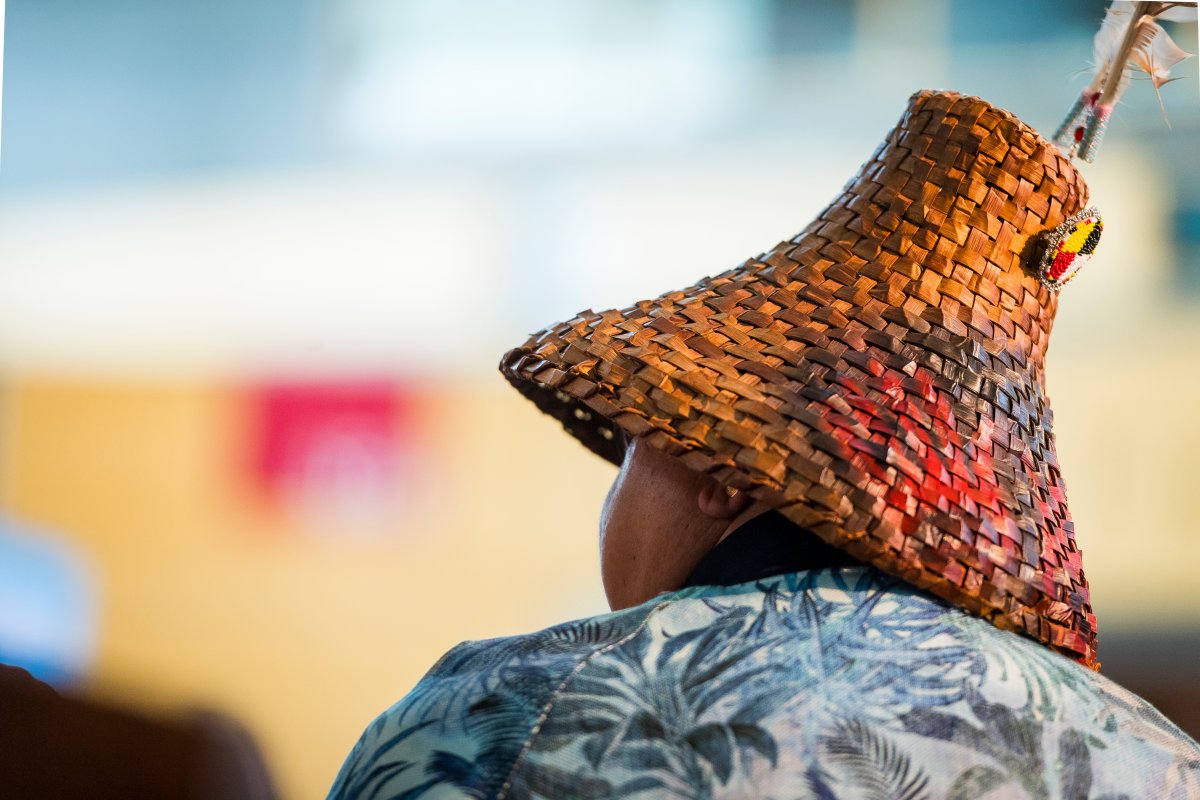“Preventing (homelessness) is almost impossible in this social, political, cultural context,” Lyn Daniels co-chair of the Surrey Urban Indigenous Leadership Committee (SUILC) said. “The housing is so unaffordable and there just isn’t enough.”

A report released earlier this week, Finding Our Way Home, highlights how one in 26 Indigenous people in Surrey experienced homelessness in 2020 – over nine times higher than that of non-Indigenous people in the city. The data is based on the 2020 Metro Vancouver homeless count and according to Daniels is likely a conservative estimate.
Many Indigenous families in Surrey experience poverty and while the news is something the SUILC has always suspected, Daniels said the report gives them the numbers to show that housing and homelessness are crucial issues.
Finding Our Way Home collected stories from Indigenous people experiencing housing instability and homelessness and highlighted the fact that despite having similar urban Indigenous populations to Vancouver, Surrey had less than one-fifth the number of Indigenous housing units – and for the units they do have, there are multi-year long waitlists.
Someone who has struggled to find safe, affordable housing in Surrey is Yann Small. Small is from Lac Seul First Nation in Ontario but spent the past 20 years living in Surrey after growing up away from community in foster care. She was living in a three-bedroom duplex with her spouse and daughter but was evicted by her landlord so he could move in.
After that Small struggled to find a home that was both affordable and would fit her growing family. The process was especially difficult because at the same time, they were asked if they could raise a family member who was apprehended at birth which meant house visits and parenting classes despite already being a mom herself.

Get breaking National news
“Eventually we got to the point where we were going to give a deposit to a landlord, but we had told her that the ministry would have to make sure that it was safe and she refused to rent to us,” said Small. “So then we started panicking like, what are we going to do because nowadays people are so greedy and it’s making the housing market unreasonable.”
After tireless searching and living temporarily in spaces that were too small, or unsafe, Small and her family found a townhome with a kind landlord who was looking for long-term tenants.

One of the reasons Surrey is facing massive housing instability according to Krystal Dumais (a facilitator with Skookum Surrey) is because the city has developed so fast which has led to underinvestment of Indigenous housing and support – Surrey has the largest urban Indigenous population in B.C. Dumais also said it’s important not to forget compounding factors like the systemic barriers that Indigenous people face when it comes to housing insecurity.
“There’s a lot of trauma, racial discrimination, intergenerational effects of colonization and the residential school systems,” Dumais said. “Experiences like poverty, barriers to employment and disconnection from family and community are major.”
The report sheds light on Surrey’s urgent need for more affordable non-market housing and culturally relevant supports. Non-Indigenous approaches to addressing urban Indigenous homelessness often fail and Daniels said this is in part because Indigenous families aren’t the typical family.
“Take my family, I have my mom, she’s 85, and I have my son who is an adult. The three of us are our family unit, we do it out of necessity because we have to support my mom – an Indian Residential School survivor who’s not interested in going into any kind of institution,” she said. “She spent a lot of time in an institution, that’s what our families don’t want. We don’t want institutional approaches to our life.”
The lack of affordable housing for Indigenous people is not a new issue. Finding Our Way Home highlights the voices of people who have experienced homelessness to raise awareness of the many injustices faced by Indigenous people in Surrey.
SUILC hopes that this is a step in addressing homelessness across the city and a clear indicator of the need for immediate co-ordinated action to create affordable housing for Indigenous people.








Comments